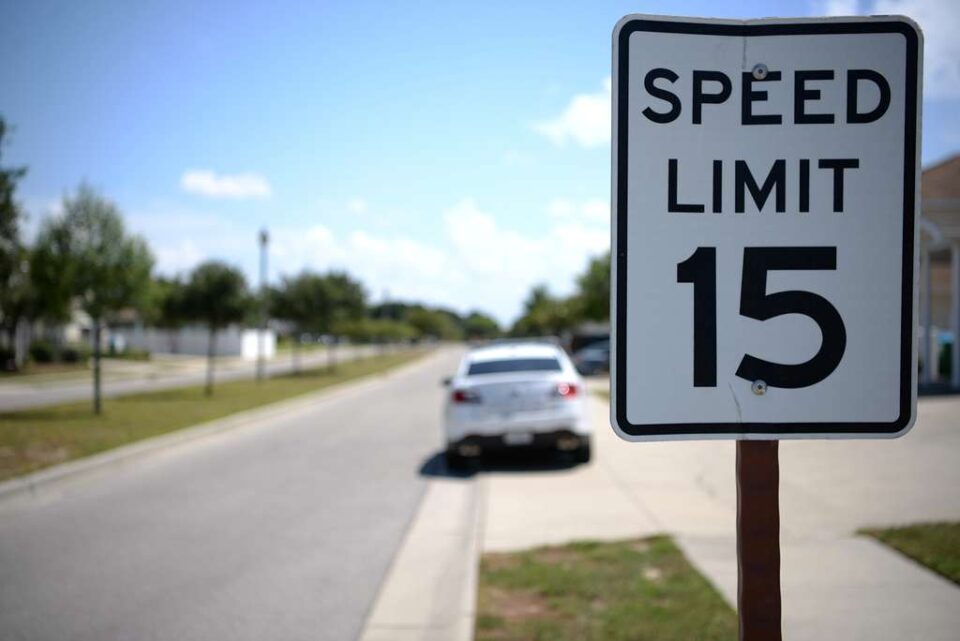If SB-961 is signed into law, drivers will hear a warning noise every time they go 10 miles per hour over the speed limit.
If you speed in California eight years from now, your own car might start pestering you to slow down.
SB-961, which was passed by the California Senate on May 21 and now awaits a vote in the State Assembly, would require so-called “passive speed limiters” in all new cars sold in the state beginning in 2032. These devices would require cars to start making beeping sounds if a vehicle accelerates more than 10 miles per hour above the speed limit, similar to the seat belt reminder systems already mandated for drivers at the federal level.
Senator Scott Weiner (D – San Francisco), who introduced the new legislation, said that it was brought forward in response to “a horrifying spike in traffic deaths,” and that “by taking prudent steps to improve safety, we can save lives.”
The version of SB-961 which passed the Senate is significantly less expansive than Weiner’s original proposed bill, which would have required car manufacturers to install mechanisms that would actively prevent drivers from exceeding the speed limit. However, Weiner amended the bill shortly before it was voted on, after receiving significant public pushback.
In fact, an article for Politico in January went so far as to call the bill “next big culture war battle in Sacramento,” and said that Senator Weiner’s phone has been “ringing off the hook” with calls from members of the public angry about the legislation. However, Weiner appeared unmoved by the uproar, saying, “I’m a big believer in freedom, but our freedom ends when our actions put others’ lives at risk.”
Another early version of the bill, which would have allowed for persistent auditory warnings, was pared back after receiving criticism from some of Weiner’s fellow Democrats. Josh Newman (D – Fullerton) said that such a system would alienate consumers, and that drivers “will either figure out a way to disable that, find this third party to disable it or they won’t buy the car.”
Critics of the bill have also raised concerns that it would increase the cost of new vehicles sold in the United States, and that it would make it more difficult for drivers to speed up temporarily in an emergency.
However, despite the opposition, SB-961 has received support from some corners, including the National Transportation Safety Board and several private advocacy groups.
Although this would be the first law of its kind in the United States, Weiner’s bill is similar to legislation that was already passed in the European Union in 2022, and which takes effect this year. The EU legislation allows for several passive speed control systems, some of which go even further than those proposed in California, including one that would physically push back on accelerator pressure.
If enacted, SB-961 would likely have an impact beyond California. As the most populous state in the nation, California has disproportionate power to set the agenda for car manufacturers nationwide, and it is highly probable that manufacturers would begin installing such devices in vehicles sold outside the state as well.
This bill also comes as the latest in a long list of recent changes to the vehicle regulatory landscape that are expected to take place over the next decade on both the state and federal levels. California regulators recently released an Advanced Clean Fleet framework which aims to eliminate most diesel-powered trucks from the state by the mid-2030s, and the Biden Administration has enacted a set of reforms limiting tailpipe emissions, in order to ensure that all new vehicles sold by the year 2032 are “zero-emissions vehicles.”
SB-961 is not yet law; it will have to be passed by the State Assembly by August 31, and then signed into law by Governor Gavin Newsom. It is uncertain whether the governor, who has previously expressed skepticism about Democrats taking on politically toxic issues in an election year, will be friendly to the bill.


